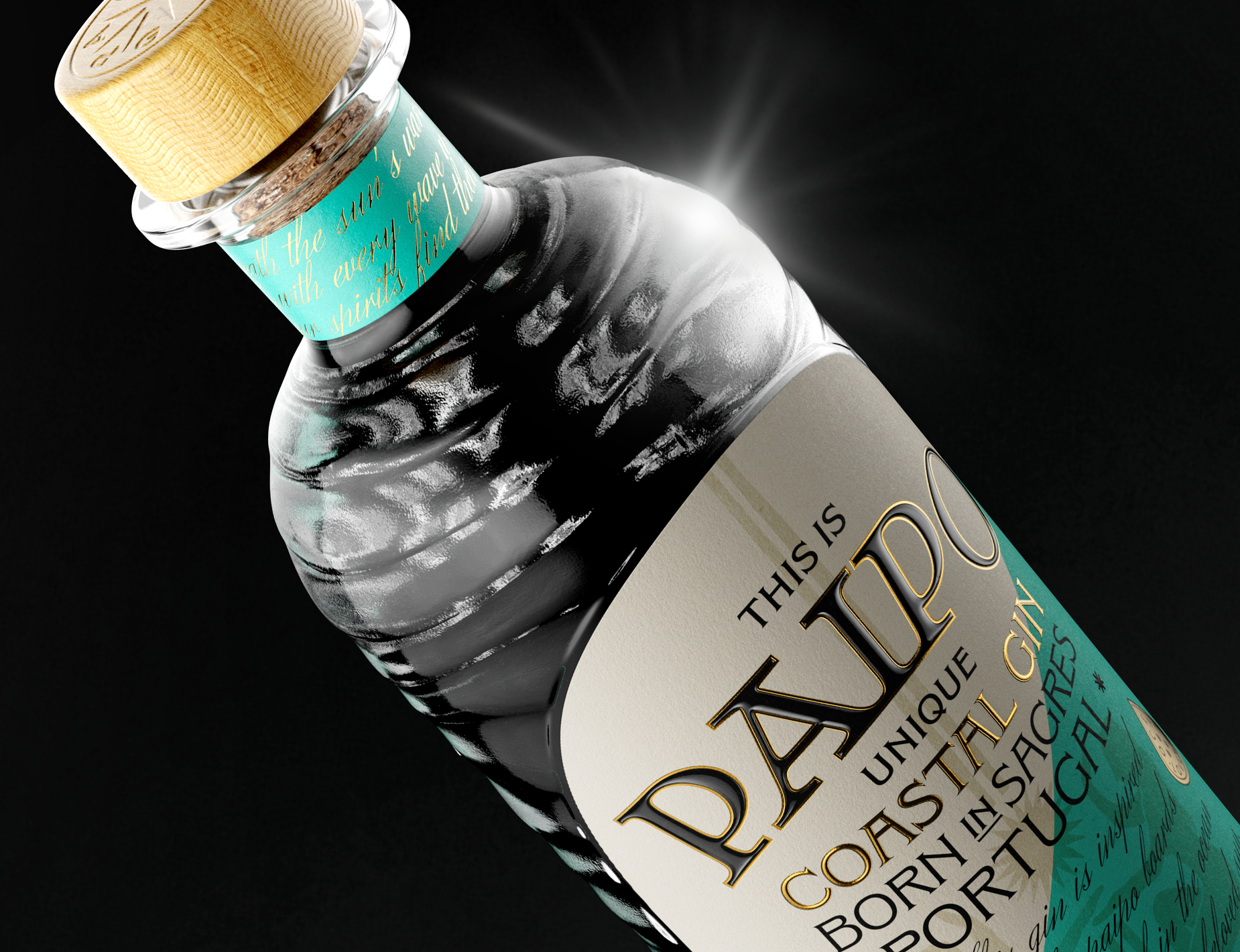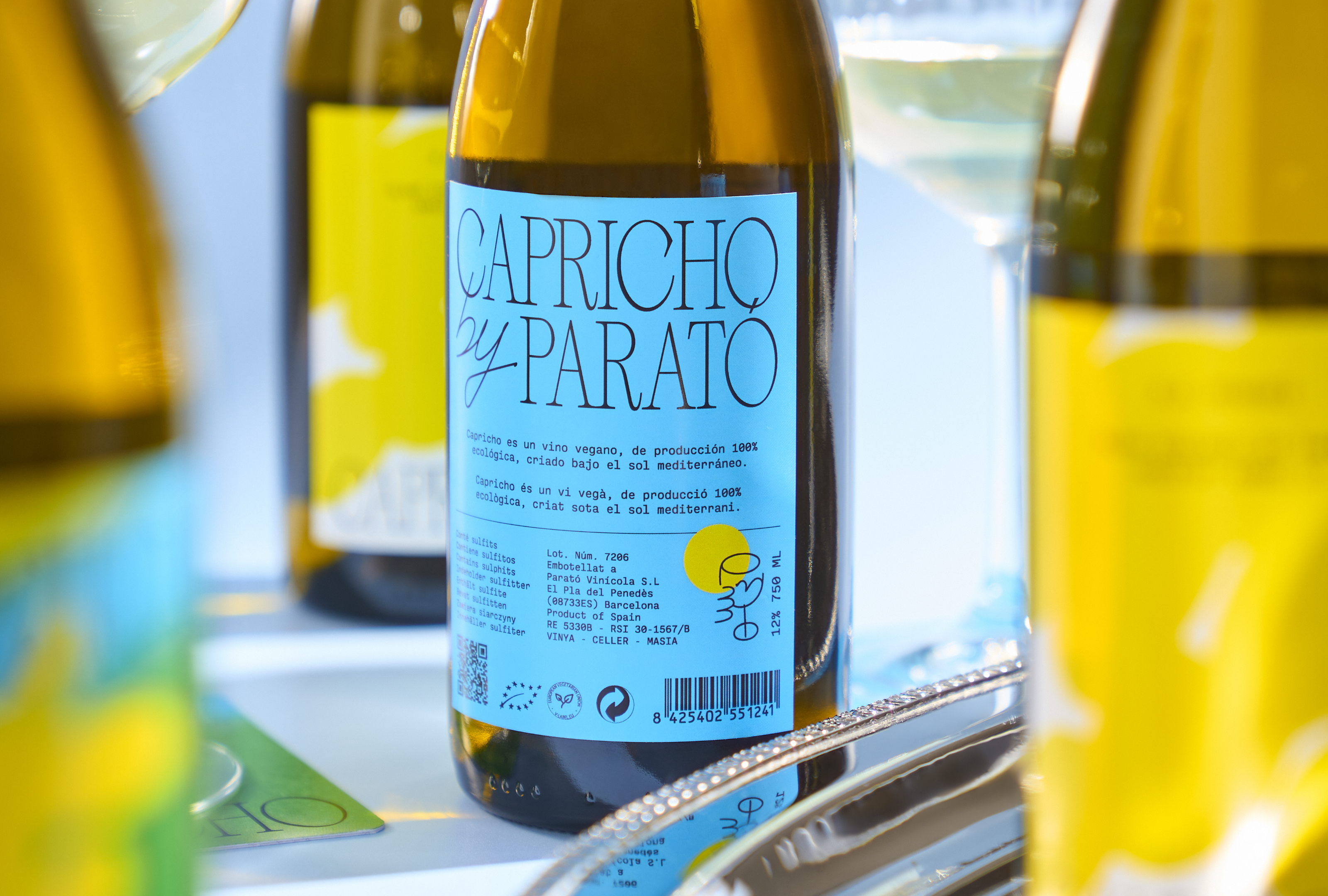Last April, Land O’Lakes removed the Native American butter maiden from their packaging, and now, at long last, Quaker Oats will finally retire the Aunt Jemima brand. You know, because it’s racist. It was racist when they debuted in 1889, and it was still racist yesterday. It’s not that complicated—they just chose to acknowledge it now.
There is a strong possibility that you might have a family member who is upset by this, similar to how they’re saddened by the removal of confederate statues and monuments, claiming that this is somehow a blow against their heritage and history.
You should laugh in their face and tell them that you hope it all burns down.
Quaker likely knew that Aunt Jemima could no longer exist after nationwide protests focused on race, systemic oppression, and the murder of George Floyd by Minneapolis police. “As we work to make progress toward racial equality through several initiatives, we also must take a hard look at our portfolio of brands and ensure they reflect our values and meet our consumers’ expectations,” the company said in a statement today.
That “hard look” meant recognizing the brand’s origins. The inspiration for Aunt Jemima came from a minstrel show standard titled “Old Aunt Jemima” where a slave mammy sang of her master’s promise to be set free, but ultimately remaining a slave. What’s more, the mammy was pure fiction. She was a character created not only to conjure up a fake nostalgia of Black slaves and whites living in perfect harmony in the South but also, to rewrite the relationship between slave master and Black women.
“The Mammy was created by white Southerners to redeem the relationship between Black women and white men within slave society. Slave owners sexually exploited and abused their female slaves,” Sarah Doneghy wrote in “Aunt Jemima: It Was Never About The Pancakes.”
Obviously, this is not the first time someone has called out Quaker for the overt racism of the brand. In the 1950s and 1960s, at the height of the Civil Rights Movement, the brand started to change Jemima’s appearance after public outcry—lightening her skin, removing her bandana in favor of a headband, and trimming her waistline. While Jemima had shaken off the Plantation, she was still very much the picture of a domestic worker. In the late 80s, Quaker would change the icon once again, repositioning her as a working grandmother, this iteration having pearls and curls, and remaining very much untouched until this morning.
While Quaker, a subsidiary of PepsiCo, hasn’t said how Aunt Jemima might evolve, a new syrup should debut in the fall.
Anywho, your move Uncle Ben’s, Cream of Wheat, Chiquita Banana, Washington Redskins, Atlanta Braves, and yes, even you Cleveland Indians.
Incidentally, here is a great piece on the racist origins of Aunt Jemima by Sarah Doneghy. Much of the research contained in this article was found there—consider it your required reading for the day.





